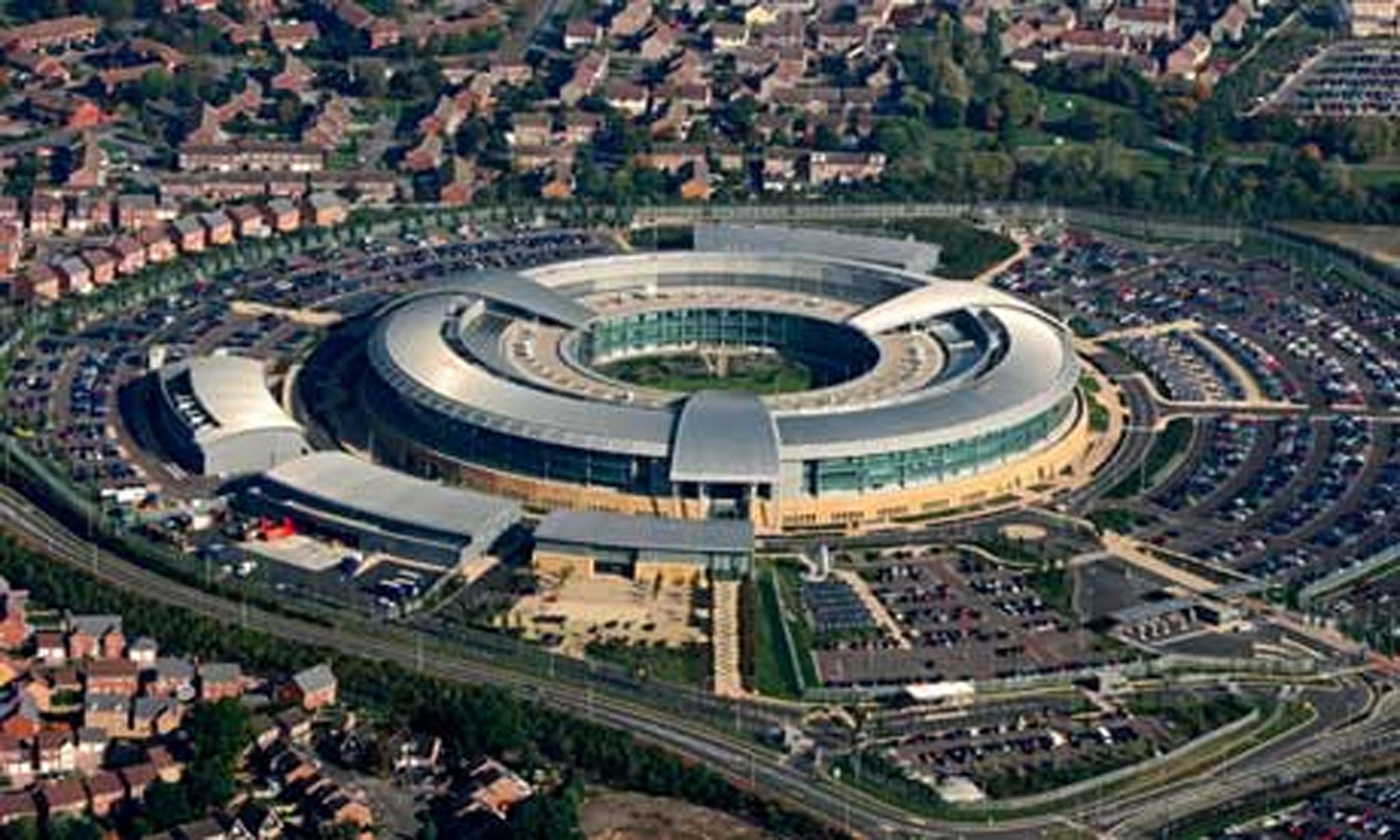British spies at GCHQ 'spied on foreign politicians at G20 summit meetings in London'

Your support helps us to tell the story
From reproductive rights to climate change to Big Tech, The Independent is on the ground when the story is developing. Whether it's investigating the financials of Elon Musk's pro-Trump PAC or producing our latest documentary, 'The A Word', which shines a light on the American women fighting for reproductive rights, we know how important it is to parse out the facts from the messaging.
At such a critical moment in US history, we need reporters on the ground. Your donation allows us to keep sending journalists to speak to both sides of the story.
The Independent is trusted by Americans across the entire political spectrum. And unlike many other quality news outlets, we choose not to lock Americans out of our reporting and analysis with paywalls. We believe quality journalism should be available to everyone, paid for by those who can afford it.
Your support makes all the difference.An intensive spying operation was mounted by Britain’s secret intelligence agencies on foreign politicians attending two G20 summit meetings in London in 2009, it has been claimed.
Leaked documents show that delegates had their computers monitored and phones intercepted by GCHQ on the orders of the British Government, according to reports by The Guardian newspaper.
The intelligence agencies were even said to have set up internet cafes specifically to enable them to read the emails of those taking part in the summit.
Traditionally friendly powers such as South Africa and Turkey were among the countries understood to have been targeted during the course of the operation.
It is reported that the documents suggested the operation was sanctioned at a senior level in the government of then prime minister Gordon Brown and that the intelligence obtained was passed to ministers.
The disclosure is potentially embarrassing for Prime Minister David Cameron as he prepares to welcome leaders to the G8 summit at Lough Erne in Northern Ireland.
Details of the surveillance are said to be contained in documents obtained by Edward Snowden, the US National Security Agency (NSA) whistle-blower responsible for a string of disclosures about American intelligence operations.
During the course of the two summits in April and September 2009, GCHQ deployed what one document said were "ground-breaking intelligence capabilities" to monitor the communications of the visiting delegation.
They were said to have enabled a team of 45 analysts to be provided with live round-the-clock summaries of who was phoning whom during the proceeding.
The methods used included penetrating security of delegates' BlackBerrys in order to monitor their emails and phone calls.
Internet cafes were set up by GCHQ and MI6 that were able to "extract key logging info" for delegates, provide the agencies with "sustained intelligence options against them" even after the summits were over.
The Turkish finance minister - and possibly 15 other members of his party - were among those targeted, according to the papers.
Another document apparently reveals that British agents’ conducted an ongoing campaign to penetrate the computers of the South Africans and how they successfully gained access to the country’s foreign ministry network.
British intelligence also received reports relating to an NSA attempt to listen in on the phone calls of the Russian leader Dmitri Medvedev as they passed through the satellite links to Moscow.
A briefing paper prepared for GCHQ director Sir Iain Lobban, dated January 9 2009, in preparation for a meeting with then foreign secretary David Miliband, set out the government's priorities for the G20 leaders' summit in April of that year.
"The GCHQ intent is to ensure that intelligence relevant to HMG's desired outcomes for its presidency of the G20 reaches customers at the right time and in a form which allows them to make full use of it," it said.
A week after the September summit of finance ministers, an internal review concluded: "The call records activity pilot was very successful and was well received as a current indicator of delegate activity...
"It proved useful to note which nation delegation was active during the moments before, during and after the summit. All in all, a very successful weekend with the delegation telephony plot."
There was no immediate response from the Government to the report.
GCHQ previously said in relation to an earlier report about its involvement in NSA operations that its work was carried out "in accordance with a strict legal and policy framework which ensures that our activities are authorised, necessary and proportionate".
Join our commenting forum
Join thought-provoking conversations, follow other Independent readers and see their replies
0Comments